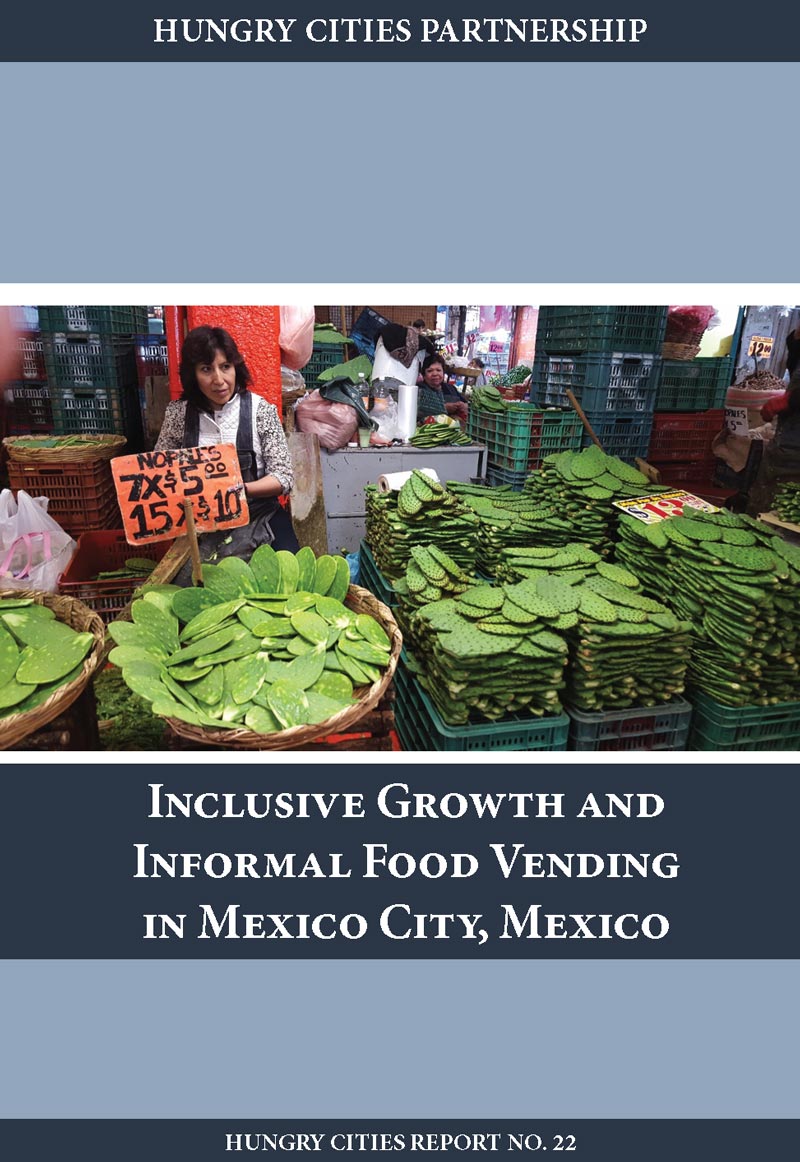This report describes and analyzes the food system of Mexico City’s Metropolitan Zone, where small-scale street commerce has experienced huge growth in recent decades. The food retail, distribution, and preparation sectors are a major component of urban informality in the Global South. The informal food economy comprises a network of informal markets, suppliers, transporters, mobile traders, hawkers, retailers, and street food vendors making food more accessible and affordable in low-income areas. The informal food sector is thus critical to the food security of poor urban households in the Global South and represents an “urban laboratory” for examining whether and how inclusive growth strategies can positively affect entrepreneurship and incomes, and help in alleviating poverty and mitigating the crisis of food insecurity. While the vibrancy of the sector is everywhere apparent, research on the structure, organization, dynamics, and impacts of informal food systems under conditions of hyper-urbanization has been limited. What is clear is that the informal food sector is both diverse and complex. By working in an interdisciplinary context with mixed methodologies and across different cities, the Hungry Cities Partnership aims to increase our understanding of common elements and differences across the Global South.

